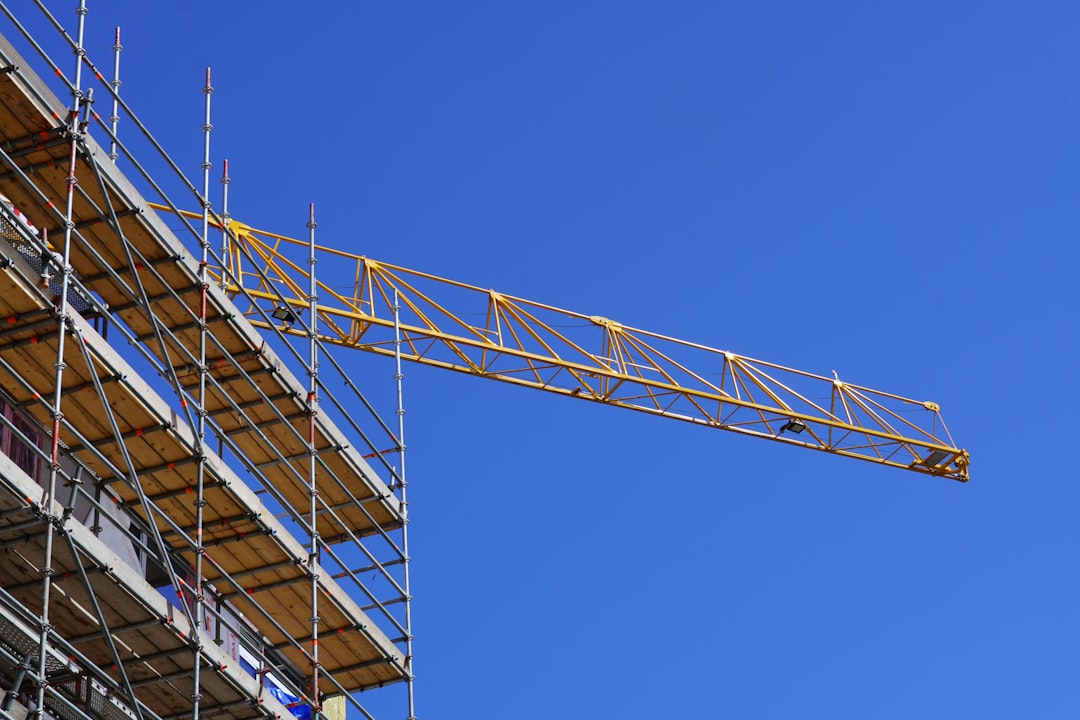Ladder Costs in Residential Construction
Price source: Costs shown are derived from our proprietary U.S. construction cost database (updated continuously from contractor/bid/pricing inputs and normalization rules).
Eva Steinmetzer-Shaw
Head of Marketing
Understanding the Real Cost of a Ladder in Residential Construction
In residential construction, the cost of a ladder can significantly impact your project budget. With prices ranging from $50–$400 depending on type and material, understanding these costs is crucial for accurate project estimation. This guide explores the factors influencing ladder costs and offers strategies to manage expenses effectively.
Why Ladder Costs Matter in Construction
- Ladders are essential for multiple trades, including framing, drywall, and roofing.
- Quality and safety certifications affect insurance and liability.
- Inaccurate cost estimates can lead to increased labor or rental expenses.
Types of Ladders Commonly Used
- Step Ladders (6–12 ft) – Used for interior tasks like painting and light fixture installation.
- Extension Ladders (16–32 ft) – Ideal for exterior work such as siding and gutter maintenance.
- Multi-Position Ladders – Versatile for tight spaces.
- Attic Ladders – Provide permanent access for storage or maintenance.
Price Ranges You Can Expect
- Basic Step Ladder
- Aluminum 6 ft: $50–$80
- Fiberglass 6 ft (electrical grade): $120–$160
- Extension Ladder
- Aluminum 24 ft: $200–$300
- Fiberglass 28 ft: $200–$300
- Attic Ladder Kit
- Wood folding: $180–$250
- Aluminum telescoping (insulated): $400+
These prices reflect national averages and can vary based on regional supply and demand.
Factors Influencing Ladder Costs
- Material type (aluminum, fiberglass, wood)
- Duty rating (Type II up to 225 lb, Type IA up to 300 lb)
- OSHA/ANSI certification levels
- Additional features like self-closing hinges and handrails
- Shipping and regional tariffs
Purchase vs. Rental: Cost Comparison
- Daily rental for a 24 ft extension ladder: $25–$35
- Weekly rental: $90–$120
- Purchase payback threshold: Three full-week rentals typically equal the purchase price
Labor Costs for Attic Ladder Installation
Installation labor costs range from $350 to $550, influenced by factors such as structural modifications and ceiling height.
Hidden Expenses to Consider
- Disposal fees for old ladders
- Permit charges for new attic openings
- Insulation top-ups post-installation
- Delivery fees for oversized ladders
How to Optimize Ladder Costs
- Match ladder height to the task to avoid unnecessary costs.
- Choose fiberglass ladders for electrical work.
- Rent ladders for one-off high-reach projects.
- Combine ladder purchases with other materials to reduce delivery fees.
Beyond the Ladder: Managing Construction Costs
Managing ladder costs is just one aspect of controlling your construction budget. CountBricks offers tools to optimize expenses across your entire project.
Dynamic Material Bundling
- AI groups ladders with related safety gear for bulk discounts.
- Optimized delivery routes reduce fuel surcharges.
Labor Productivity Insights
- Tracks average ladder setup time per trade.
- Identifies wasted time and suggests crew adjustments.
Real-Time Field Adjustments
CountBricks allows for instant updates to project estimates, ensuring accuracy and efficiency.
Case Study: Efficient Project Management
During a 450 sq ft attic conversion, CountBricks streamlined the addition of a second egress point, saving time and maintaining the project timeline.
Next Steps
Precision in cost estimation is crucial. Visit CountBricks.com to learn more about optimizing your construction projects.

